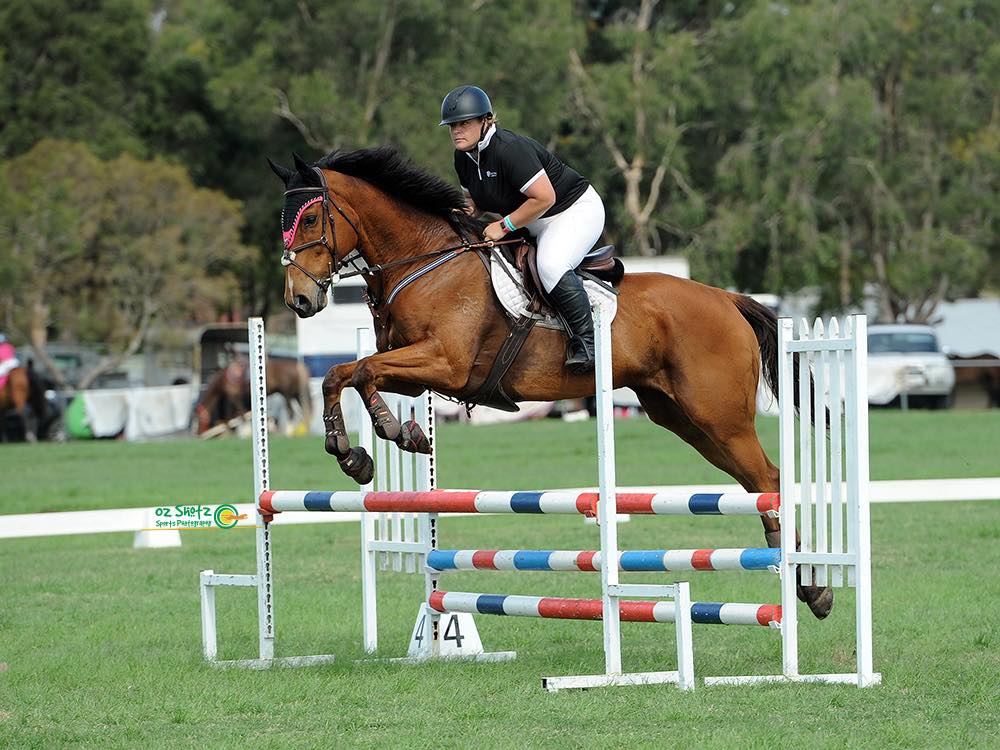Your Cart is Empty
Free Postage in Australia. World wide shipping available
Free Postage in Australia. World wide shipping available
Free Postage in Australia. World wide shipping available

A comment was made to me a few months ago now. It even made me question if I was worthy to continue coaching. Its left me wondering if I am good enough. Am I capable of working as a professional in the equestrian industry? The comment was ‘you’re a nothing’. How can one comment from a stranger have so much effect on a person? Truth is as a person who suffers from depression, anxiety and PTSD with chronic fatigue my brain really doesn’t need any extra excuses to find something to make me feel bad or worry.
I guess it’s brought the main question to light in my mind that are we, those who suffer mental health issues ‘good enough’. Are we good enough to work in this industry and be valued as professionals? The answer to that is ‘yes, we most definitely are!!’
The good thing about the equine industry is there’s so many different branches within the industry. There are so many different disciplines, show jumping, dressage, western, camp drafting, vaulting etc just to name a few and then within those disciplines there’s so many professions available. Not only do we need coaches and riders/trainers, we need farriers, vets, body workers, grooms etc again just to name a few.
The other thing is that having experience with depression, anxiety, PTSD etc makes you relate-able to people with the same or similar conditions. For me in particular working as a riding coach I’ve found that a lot of my clients have sought me out through word of mouth because I understand how it is to try and ride with these conditions. Understanding that it’s not just ‘mind over matter’ and that there’s good and bad days and we just need to be present with the person we have in that moment.
The biggest thing I have learnt over the past few years as a coach and trainer is to work within my own health parameters. Am I very good at doing that.. haha, no. I love my work, I wish I had endless energy to go out and ride like ‘normal’ professionals do. I wish I could teach from sun up to sun down and ride my own horses every day and compete every weekend but the truth is I can’t. The hard part about mental health is that it can be so unpredictable. I love it when you hear people who tell you oh it’s just ‘mind over matter’. Sorry, buts that’s a load of bollocks. Those who suffer mental health issues know that we don’t always have control over how we are feeling. Anxiety and panic attacks can arise at any time with unexpected triggers and fatigue and depression always seem to pop up just when you have big plans on the horizon.
So how do you manage a business in the equine industry when you struggle with mental health issues.
Kyrie De Jong Show-jumper, trainer and instructor.
Ceri
August 14, 2020
Great message